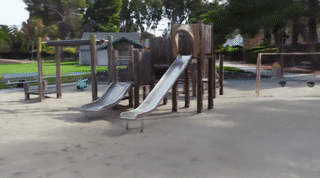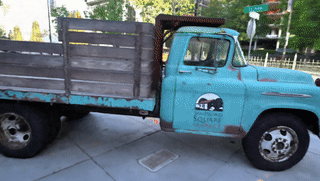Codebase for arXiv preprint "NeRF++: Analyzing and Improving Neural Radiance Fields"
- Work with 360 capture of large-scale unbounded scenes.
- Support multi-gpu training and inference with PyTorch DistributedDataParallel (DDP).
- Optimize per-image autoexposure (experimental feature).
- Download our preprocessed data from tanks_and_temples, lf_data.
- Put the data in the sub-folder data/ of this code directory.
- Data format.
- Each scene consists of 3 splits: train/test/validation.
- Intrinsics and poses are stored as flattened 4x4 matrices (row-major).
- Pixel coordinate of an image's upper-left corner is (column, row)=(0, 0), lower-right corner is (width-1, height-1).
- Poses are camera-to-world, not world-to-camera transformations.
- Opencv camera coordinate system is adopted, i.e., x--->right, y--->down, z--->scene. Similarly, intrinsic matrix also follows Opencv convention.
- To convert camera poses between Opencv and Opengl conventions, the following code snippet can be used for both Opengl2Opencv and Opencv2Opengl.
import numpy as np def convert_pose(C2W): flip_yz = np.eye(4) flip_yz[1, 1] = -1 flip_yz[2, 2] = -1 C2W = np.matmul(C2W, flip_yz) return C2W
- Scene normalization: move the average camera center to origin, and put all the camera centers inside the unit sphere.
conda env create --file environment.yml
conda activate nerfpluspluspython ddp_train_nerf.py --config configs/tanks_and_temples/tat_training_truck.txtpython ddp_test_nerf.py --config configs/tanks_and_temples/tat_training_truck.txt \
--render_splits test,camera_pathNote: due to restriction imposed by torch.distributed.gather function, please make sure the number of pixels in each image is divisible by the number of GPUs if you render images parallelly.
Plese cite our work if you use the code.
@article{kaizhang2020,
author = {Kai Zhang and Gernot Riegler and Noah Snavely and Vladlen Koltun},
title = {NeRF++: Analyzing and Improving Neural Radiance Fields},
journal = {arXiv:2010.07492},
year = {2020},
}
